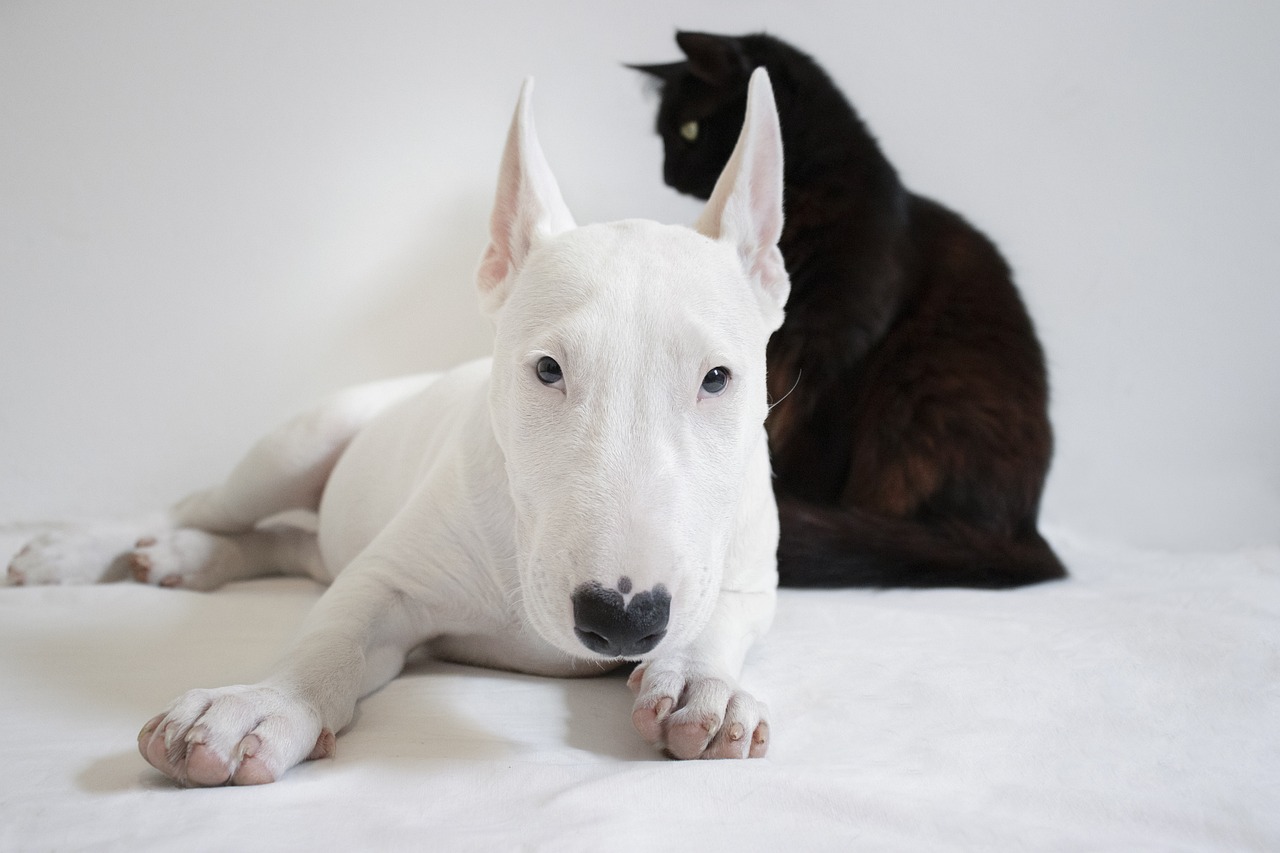
03 May Signs of Congestive Heart Failure in Cats and Dogs
Congestive heart failure (CHF) is a serious condition that affects both humans and animals alike. When it comes to our beloved furry companions, recognizing the signs of congestive heart failure in cats and dogs is crucial for early detection and prompt intervention. While our pets cannot vocalize their discomfort, they often exhibit subtle cues that indicate something may be wrong with their cardiovascular health.
Understanding Congestive Heart Failure in Pets
Congestive heart failure occurs when the heart is unable to pump blood efficiently to meet the body’s needs. This can result from various underlying conditions such as heart valve disease, cardiomyopathy, or congenital heart defects. As the heart struggles to pump blood effectively, fluid buildup can occur in the lungs and other tissues, leading to distressing symptoms.
Signs of Congestive Heart Failure in Cats and Dogs
Difficulty Breathing (Dyspnea)
One of the hallmark signs of CHF in pets is difficulty breathing. You may notice your pet gasping for air or struggling to catch their breath, especially after minimal exertion or while resting.
Coughing
Another symptom is persistent coughing, particularly at night or when lying down, can be a sign of fluid accumulation in the lungs—a common consequence of congestive heart failure. This is much less common in cats.
Lethargy and Weakness
Also, pets with CHF may appear lethargic, unwilling to engage in activities they once enjoyed, and exhibit weakness or reluctance to move.
Reduced Appetite and Weight Loss
Additionally, as CHF progresses, pets may experience a decreased appetite, leading to weight loss and muscle wasting over time.
Fluid Retention (Edema)
Another symptom is edema, or fluid retention, can manifest as swelling in the abdomen. This may be visible as a bloated appearance.
Pale or Bluish Gums
In severe cases of congestive heart failure, inadequate circulation can lead to decreased oxygen delivery to tissues, resulting in pale or bluish gums and mucous membranes.
Fainting Episodes (Syncope)
Lastly, fainting or collapse episodes may occur in pets with advanced heart disease or CHF due to inadequate blood flow to the brain.
Seeking Veterinary Care
If you notice any of these signs or symptoms in your cat or dog, it’s essential to seek prompt veterinary care. Your veterinarian can perform a thorough physical examination, including listening to your pet’s heart and lungs, and may recommend diagnostic tests such as X-rays, electrocardiography (ECG), or echocardiography to evaluate heart function and assess the severity of the condition.
Treatment and Management of CHF in Dogs and Cats
Treatment for congestive heart failure in pets typically involves a combination of medication, dietary management, and lifestyle modifications. Medications such as diuretics, ACE inhibitors, and inotropic agents may be prescribed to alleviate symptoms, improve heart function, and reduce fluid buildup.
Veterinary Cardiologist in Las Vegas
Recognizing the signs of congestive heart failure in cats and dogs is crucial for early detection and intervention. By staying vigilant and seeking veterinary care promptly if you notice any concerning symptoms, you can help ensure the best possible outcome for your pet’s cardiovascular health. With proper management and treatment, many pets with CHF can enjoy a good quality of life for years to come. If you see signs that your pet may have congestive heart failure, contact our team today for diagnosis and a tailored treatment plan for treating CHF in your pet.
Photo by Paula_Olly from Pixabay



